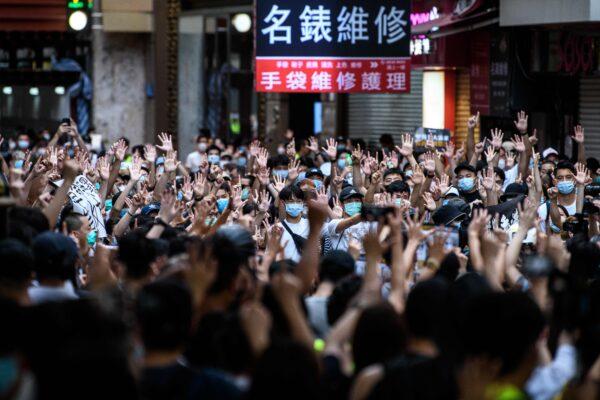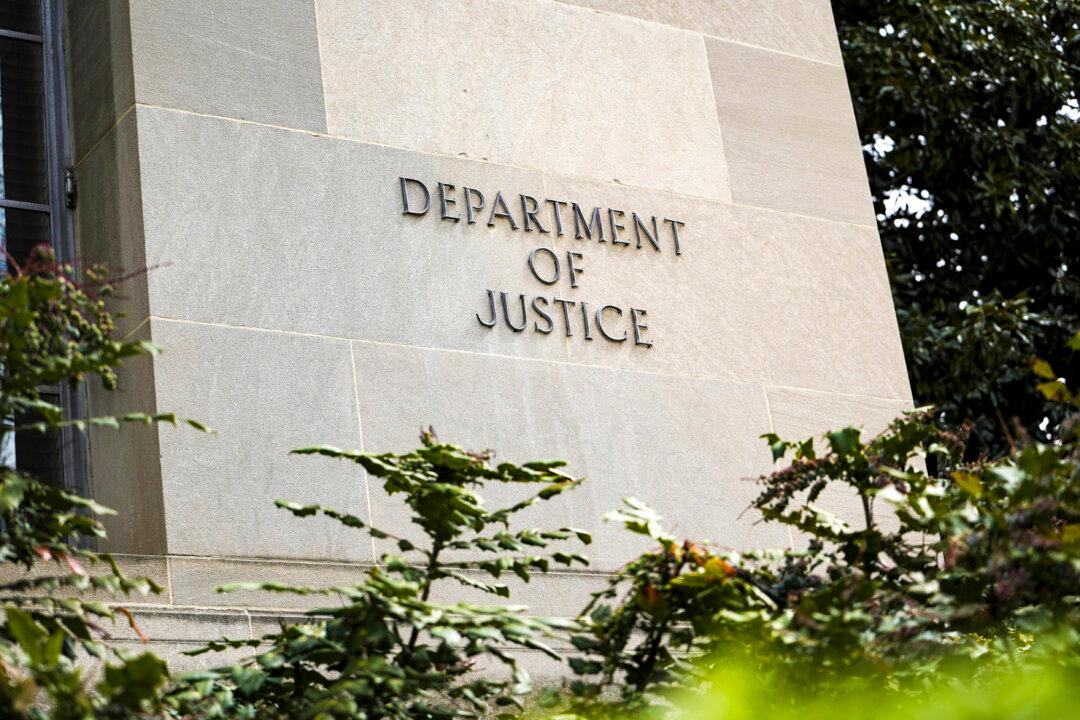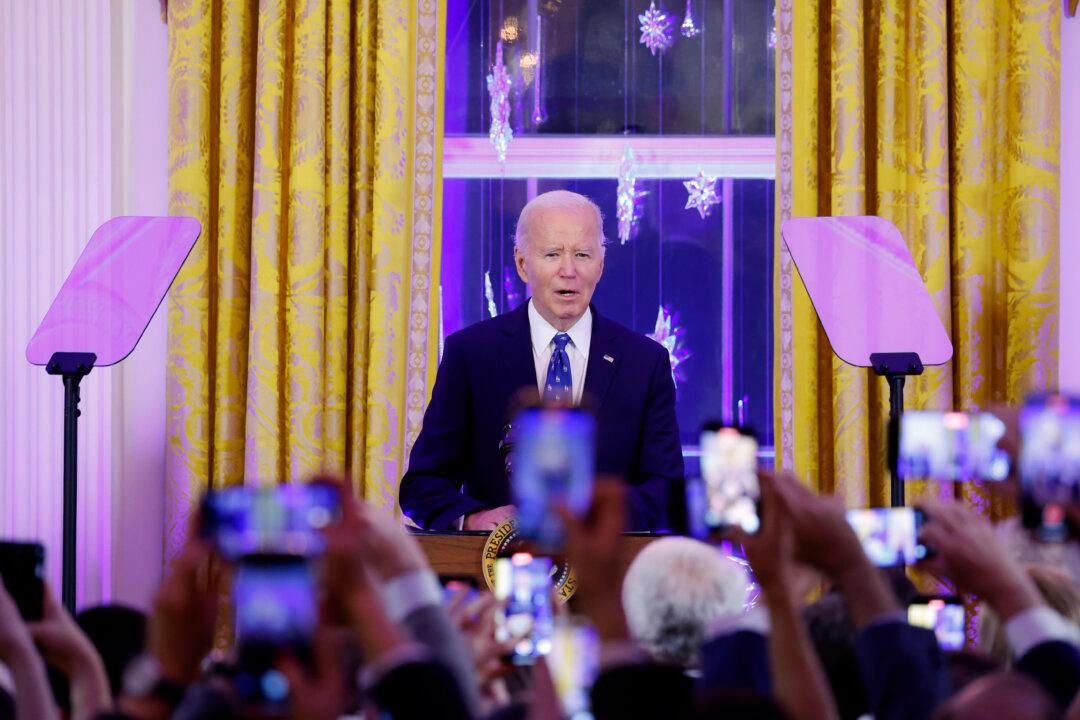A Hong Kong student was indicted on Thursday for posting “seditious” comments online while staying in Japan, a case that brought attention to the enforcement of the national security law for comments made overseas.
The student, identified as 23-year-old Yuen Ching-ting, was arrested in March upon her arrival from Japan to renew her identity card. Yuen was charged with “seditious intent” under colonial-era legislation.
Yuen’s legal team brought up the legal issues of jurisdiction and extraterritoriality, as the posts in question were made while Yuen was in Japan. The prosecutor said the posts incited “hatred or contempt” towards the government and were accessible in Hong Kong.
Yuen was granted bail of HK$10,000 ($1,280) and asked to provide a personal guarantee of the same amount. Her release is contingent upon certain conditions, including deleting the offensive social media posts and reporting to the police regularly.
She was also banned from traveling abroad and is expected to appear in court next month.
The national security law was imposed by the Chinese Communist Party (CCP) in 2020, which punishes what the CCP broadly defines as secession, subversion, terrorism, and collusion with foreign forces with up to life in jail.
Political Imprisonment
Brian Kern, a Hong Kong activist and writer, said the only countries incarcerating political prisoners at rates faster than Hong Kong’s over the past three years are Burma (also known as Myanmar) and Belarus.
Kern said the number of political prisoners in Hong Kong had escalated from 26 at the start of the protests in June 2019 to 1,014 in May 2022. The number has increased to about 1,457 today, he added.
In a May 11 report, the CECC urged Washington to sanction 29 Hong Kong judges appointed to preside over national security cases, citing their role in the arbitrary imprisonment of over 1,000 political prisoners.
The report said the national security law imposed on Hong Kong had created “a parallel legal system that weakens judicial independence and strips criminal defendants of basic due process protections.”
The 29 judges are “an integral part” of the parallel legal regime in Hong Kong, having been appointed by the Hong Kong chief executive to preside over national security cases for a one-year term, it stated.
“As participants in this system, judges appointed to handle national security cases contribute to these systemic violations,” the report reads.





